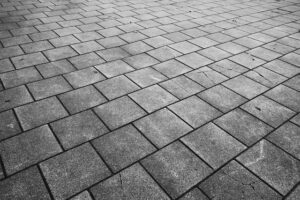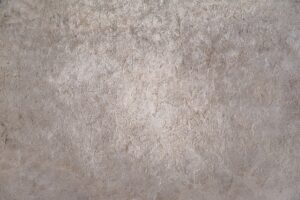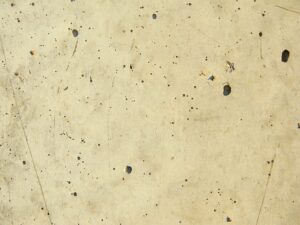Residential Resilience: The Advantages of Insulated Concrete Form (ICF) Installations for Superior Insulation
Insulated Concrete Forms (ICFs) offer a significant advancement in residential construction by providing superior thermal performance, energy savings,…….

Insulated Concrete Forms (ICFs) offer a significant advancement in residential construction by providing superior thermal performance, energy savings, and robust structural integrity. These systems consist of foam blocks filled with concrete, which serve as both the structural walls and high-quality insulation, offering R-values that exceed traditional methods like fiberglass. ICFs result in more comfortable and consistent indoor temperatures, reducing heating and cooling costs, and are particularly effective at soundproofing and withstanding severe weather conditions. Their adoption leads to healthier living environments by minimizing thermal bridging and promoting sustainability. ICFs represent an eco-friendly solution for those looking to minimize their carbon footprint while also achieving long-term utility savings. They cater to a wide range of architectural styles, making them a versatile choice for modern and traditional homes alike, all while aligning with the global push towards sustainable building practices.
Exploring the advancements in residential construction, this article delves into the transformative role of Insulated Concrete Forms (ICFs) in achieving superior insulation. Homeowners and builders are increasingly turning to ICF technology for its unparalleled energy efficiency, structural integrity, and design flexibility. This piece outlines the benefits, detailed installation process, and real-world applications of ICFs, contrasting them with traditional insulation methods. We will also explore the environmental advantages and long-term cost savings, making a compelling case for ICFs in modern and sustainable home building. Additionally, we’ll highlight the importance of professional training for installers and offer guidance for homeowners considering this innovative solution. Join us as we examine the future trends of residential insulation and the significant impact ICFs are having on the industry.
- Overview of Insulated Concrete Forms (ICF) in Residential Construction
- Benefits of Using ICF for Superior Insulation
- – Enhanced Energy Efficiency
- – Durability and Strength
Overview of Insulated Concrete Forms (ICF) in Residential Construction
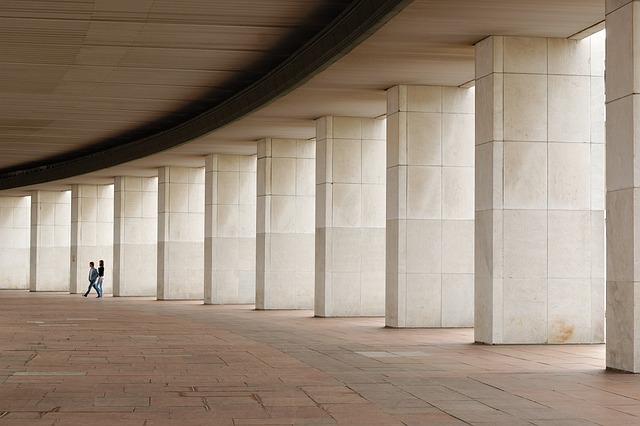
Insulated Concrete Forms (ICFs) represent a significant advancement in residential construction, particularly for insulation and energy efficiency. These innovative building systems consist of interlocking foam blocks that are filled with concrete to create structurally sound walls. The foam acts as both an insulator and a form for the poured-in-place concrete, resulting in walls that achieve superior R-values compared to traditional construction methods. ICFs offer a range of benefits, including enhanced thermal performance, reduced energy costs, and increased comfort for homeowners. They also provide excellent durability, resistance to moisture, and improved soundproofing, making them a popular choice for modern residential projects seeking sustainability without compromising on strength or design flexibility. The integration of ICFs into the construction process not only improves the overall efficiency of building operations but also contributes to a healthier living environment by minimizing thermal bridging and creating a more uniform indoor climate. As homeowners increasingly prioritize energy-efficient and sustainable living solutions, the use of Insulated Concrete Forms is becoming a cornerstone in the future of residential construction.
Benefits of Using ICF for Superior Insulation

Insulated Concrete Forms (ICFs) represent a significant advancement in residential construction, offering unparalleled thermal performance and energy efficiency. Compared to traditional building methods, ICFs provide superior insulation properties due to their high-performance foam cores, which are sandwiched between two layers of rigid structural concrete. This combination results in an R-value—a measure of resistance to heat flow—that is consistently higher than that of conventional insulation materials like fiberglass or cellulose. The result for homeowners is a more comfortable living environment with consistent indoor temperatures year-round, leading to reduced heating and cooling costs. Additionally, the dense nature of ICF walls contributes to enhanced structural integrity, soundproofing, and damage resistance against extreme weather conditions, making them an ideal choice for sustainable and resilient residential construction. The use of ICFs in building homes not only insulates effectively but also ensures a durable structure that can withstand the test of time, offering long-term benefits and savings for residents.
– Enhanced Energy Efficiency
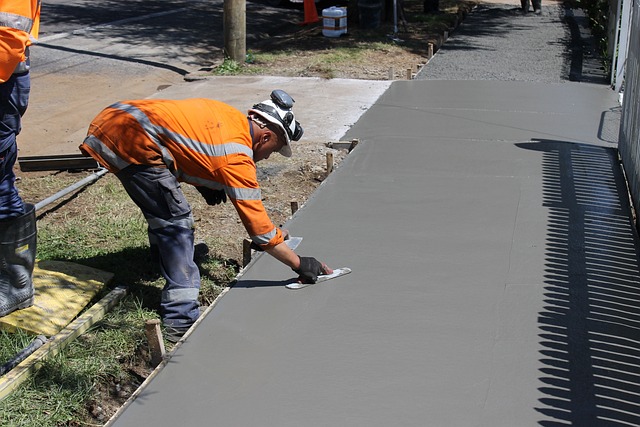
Insulated Concrete Forms (ICFs) represent a significant advancement in residential construction, particularly when it comes to enhancing energy efficiency. These high-performance building systems provide a continuous insulation layer within the wall structure, effectively minimizing thermal bridging that is common with traditional framing methods. As a result, homes constructed with ICFs experience a marked improvement in maintaining consistent indoor temperatures, which translates to reduced heating and cooling costs for homeowners. The superior insulative properties of ICFs not only contribute to a more comfortable living environment but also significantly reduce the carbon footprint associated with energy usage in residential settings. This makes ICF an attractive option for those prioritizing sustainability while also seeking long-term savings on their utility bills, ensuring that the benefits extend well beyond the initial construction phase.
Furthermore, the integration of ICFs into residential projects is a testament to the commitment to innovation and efficiency in the building industry. The rigid insulation properties of these forms mean that they can maintain an R-value many times higher than that of traditional wood or steel framing. This high performance insulation ensures that the interior remains well-insulated against external temperature fluctuations, leading to a more stable indoor climate year-round. Additionally, ICFs are designed to be versatile and adaptable to various architectural styles, making them an ideal choice for both modern and traditional home designs. The use of ICFs in residential construction is a forward-thinking approach that aligns with the global shift towards more sustainable and cost-effective building practices.
– Durability and Strength
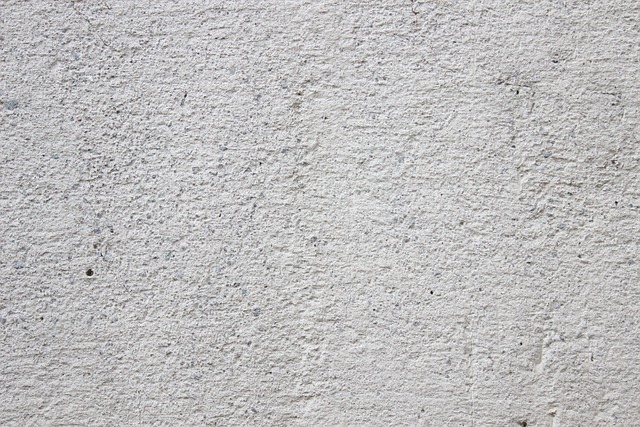
In recent years, Insulated Concrete Forms (ICFs) have emerged as a robust solution for enhancing the durability and strength of residential construction projects. Unlike traditional building methods that rely on wood or metal frames, ICFs provide a high-performance alternative that combines concrete’s time-tested structural integrity with advanced insulation properties. This synergy results in homes that are not only stronger but also more resilient against environmental stressors such as high winds, heavy snow loads, and seismic activity. The interlocking foam blocks used in ICF construction offer a sturdy foundation that ensures the building maintains its structural integrity over time, making it an ideal choice for homeowners seeking long-lasting durability without compromising on design or comfort. Moreover, the enhanced insulation properties of ICFs contribute to energy efficiency, significantly reducing heating and cooling costs throughout the lifespan of the home. This translates into a more sustainable living environment that is both cost-effective and environmentally friendly. The use of ICFs in residential projects signifies a shift towards smarter building practices that prioritize both the short-term comfort of residents and the long-term sustainability of the built environment.
In wrapping up our exploration of residential construction, it’s clear that Insulated Concrete Forms (ICF) represent a significant advancement in building practices. Their unparalleled insulation properties not only promise enhanced energy efficiency but also ensure durability and strength that stands the test of time. Homeowners opting for ICF construction can look forward to more comfortable living spaces with reduced energy consumption, making it a smart choice for those looking to construct sustainable and resilient homes. As the future of residential building materials, ICFs are set to transform the landscape of home construction with their superior insulation capabilities.
